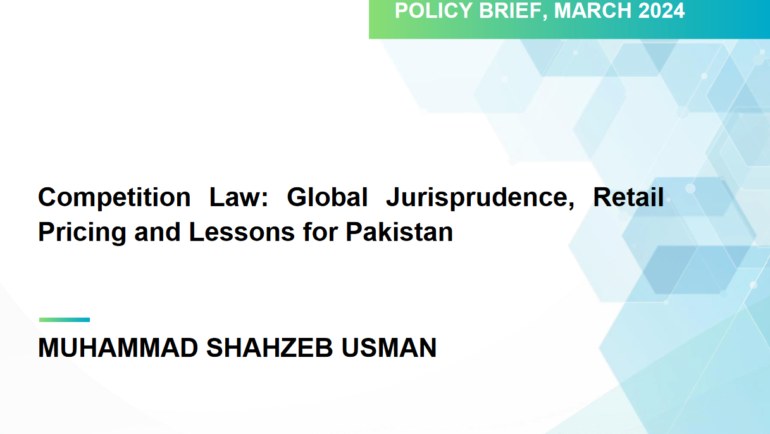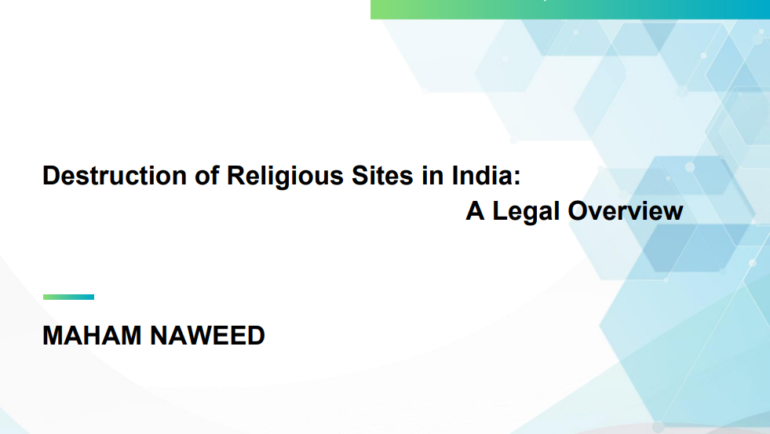Policy Brief 02/06/2025
This Policy Brief provides empirical evidence on how corruption affects foreign direct investment (FDI) in Pakistan. Despite the country’s persistently low Corruption Perceptions Index (CPI) score of 27, there is limited empirical research on the relationship between corruption and investment within Pakistan. Globally, the relationship between corruption and FDI remains debated. Some scholars view corruption as a lubricant in rigid bureaucratic systems, while others emphasise its long-term damage to institutional credibility and economic efficiency. In this context, exploring the complex role of corruption in Pakistan’s investment landscape becomes crucial.
Based on multiple time series regression models, the study highlights that higher corruption levels are positively associated with FDI inflows. However, this trend is not unique to Pakistan. Regional counterparts like India, Bangladesh, and Sri Lanka exhibit similar dynamics.
It also emphasises that, in Pakistan, the FDI is primarily concentrated in the energy, finance, and food sectors, which are susceptible to informal transactions. Despite substantial FDI inflows, Pakistan continues to fall behind in economic growth and productivity. Even with steady FDI inflows, the energy sector grapples with high costs.
The study highlights that FDI from countries with higher CPI scores continues to flow into Pakistan, raising questions about whether these investors are motivated solely by returns or if they may also be involved in informal practices. Additionally, while reducing corruption is a long-term objective, the Brief argues that institutional reforms focusing on transparency, simplification, and accountability are urgently needed to ensure that FDI leads to developmental gains.


